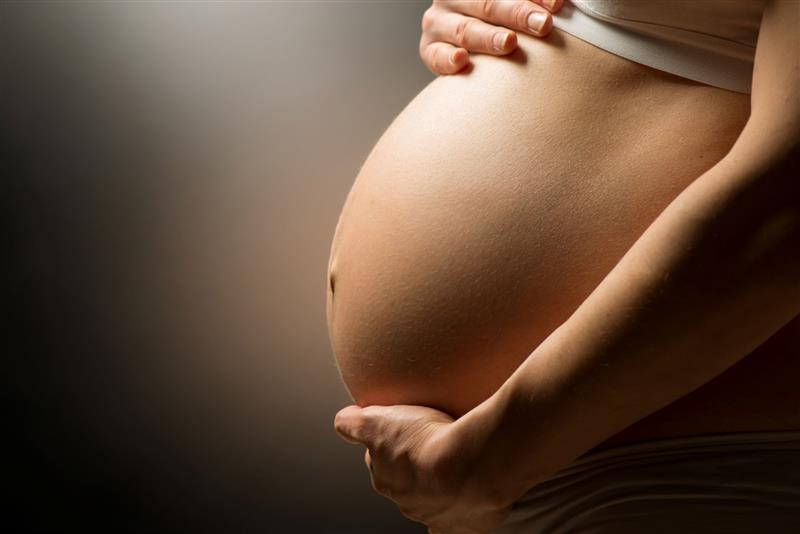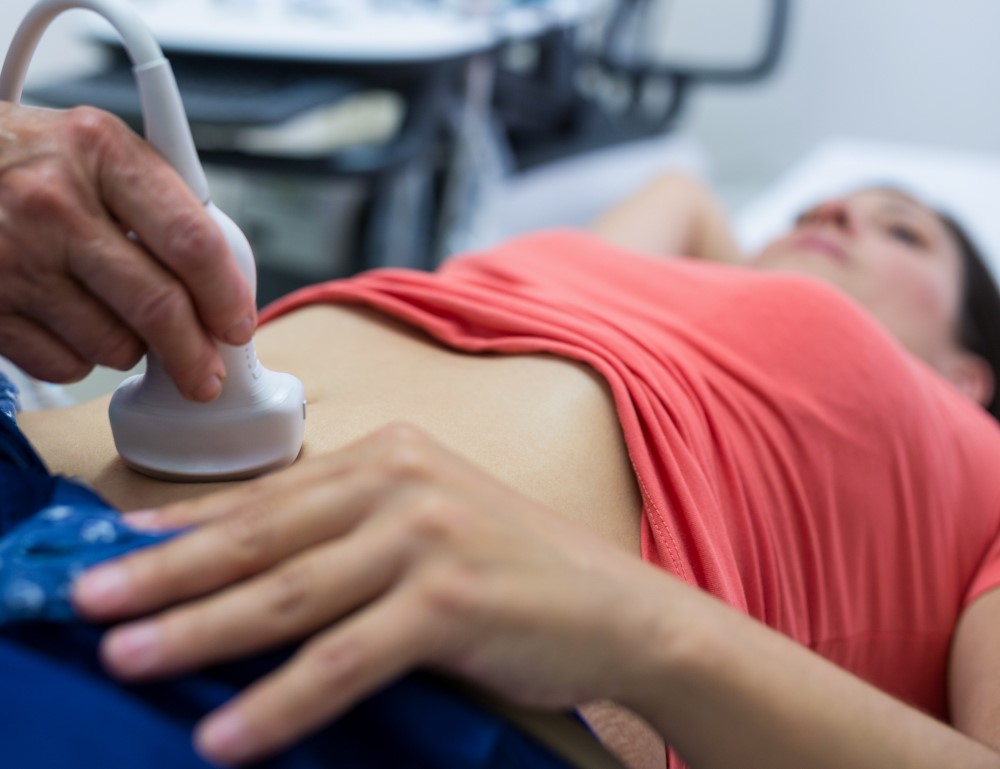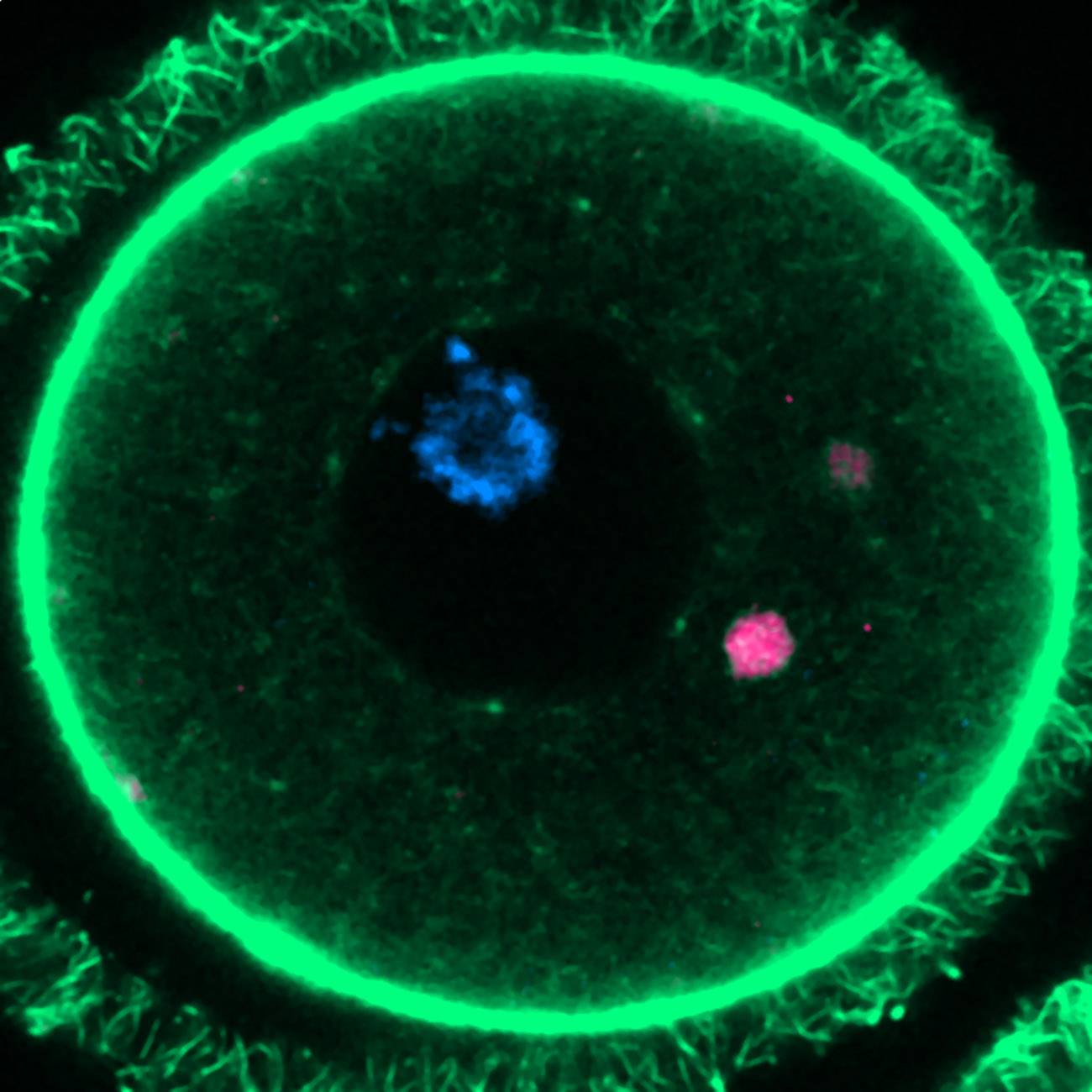Two-thirds of women experience excessive or insufficient weight gain during pregnancy, according to data from 1.6 million pregnant women
The BMJ has published a meta-analysis about weight gain in pregnant women and the risks it poses to their health and that of their babies. According to the study, 68% of pregnancies involve weight gain that is either above or below the recommended level, which is associated with complications such as premature birth, high birth weight, and admission to intensive care. The review included data from 1.6 million women from various regions of the world and different income levels, recorded between 2009 and 2024.









